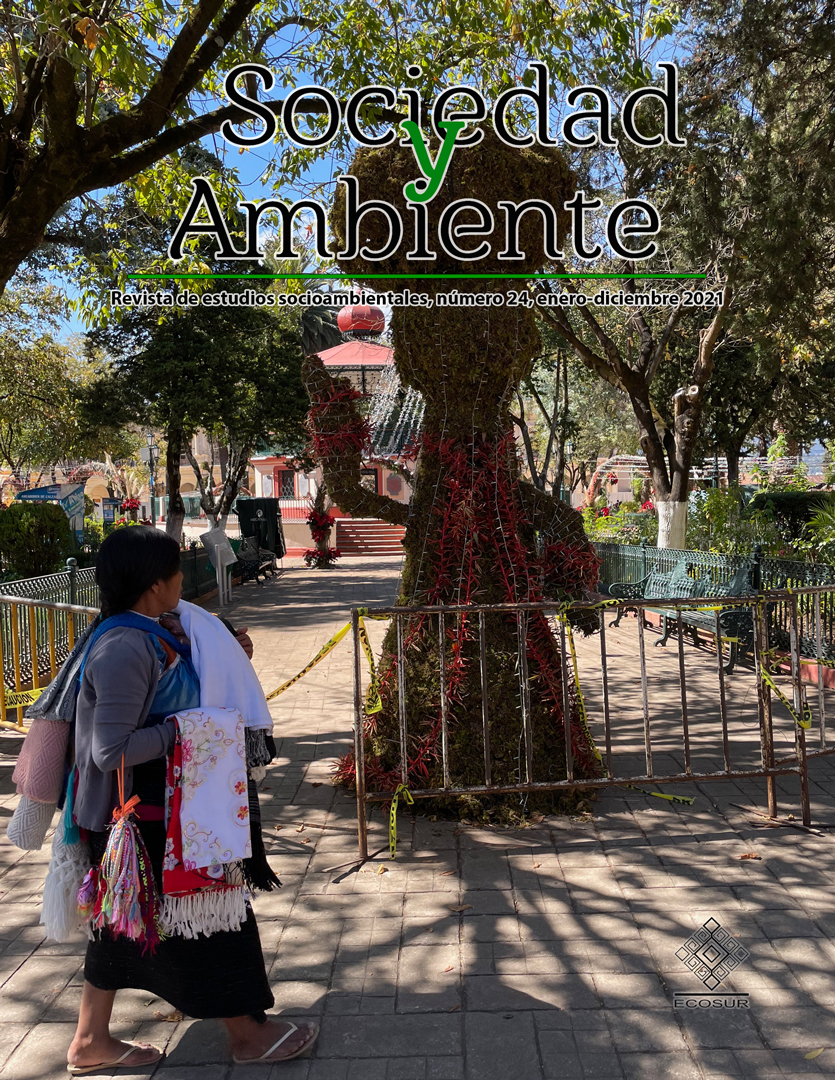Abstract
The peasant-to-peasant meetings (Campesino a Campesino, in Spanish) are among the most effective learning tools for scaling up or territorializing agroecology. It is a priority to characterize elements that support transformative learning and to carry out the dialogue between peasant and allied non-peasant epistemologies. Based on our experience as participants in a meeting held between four communities in southern Mexico, and in dialogue with the literature, we propose seven key elements that will help to design and facilitate the meetings: 1) feeling and thinking of the participants, 2) not distinguishing between teaching and learning, 3) share about peasant experimentation, 4) highlight the ecological knowledge of peasants, 5) facilitate the dialogue of knowledge, 6) highlighting organizational processes, and 7) promoting the breakdown of patriarchal patterns by ensuring female participation and leadership. These elements allow that even when each person and community reach a peasant encounter with experiences, knowledge, and particular concerns, a mutual empathy based on shared epistemology, ethics and challenges prevails. The result is an autonomous, critical, and self-critical reflection that potentiates agroecology’s horizontal and deep territorialization.

Sociedad y Ambiente by ECOSUR is licensed under a Creative Commons Reconocimiento-NoComercial-SinObraDerivada 2.5 México License


